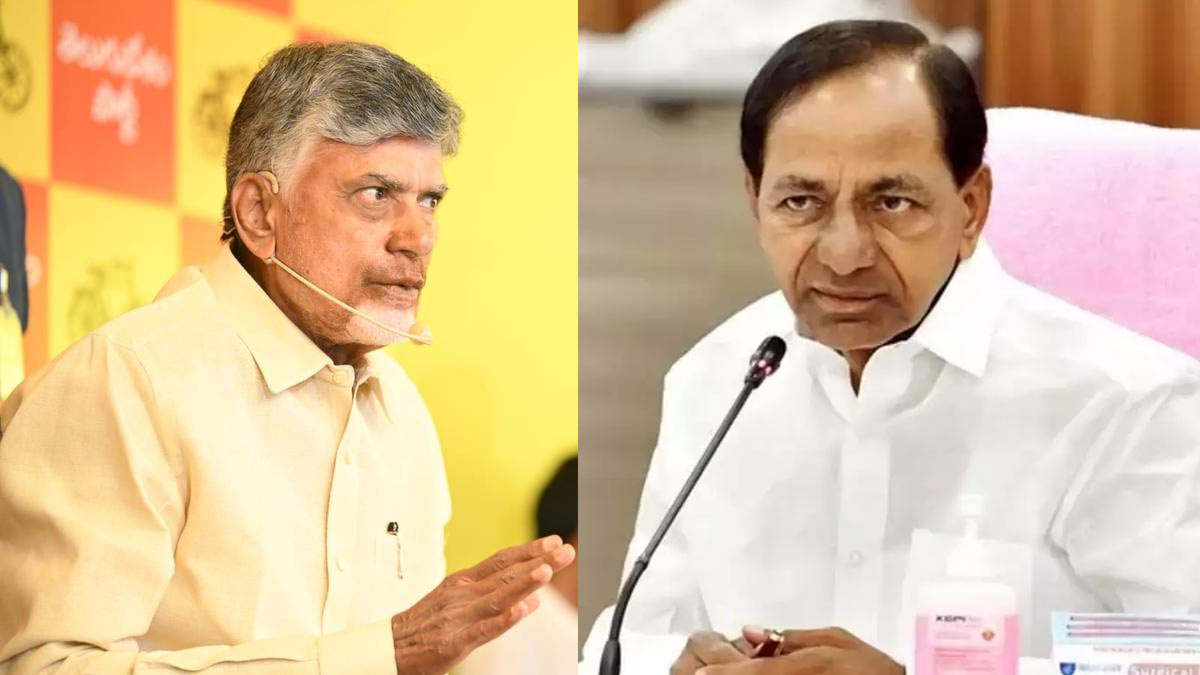CBN all set to decimate KCR
CBN to target KCR

The political landscape of Telugu states is experiencing a dramatic shift, leaving many players scrambling to adapt. The recent election results have revealed a power vacuum within the BRS, once a formidable force.
The once unshakeable dominance of the Rose Party is now in question, with its leaders seemingly lost and unsure of their next move. This change in fortune has ignited a scramble for power, with many leaders switching allegiances in a bid to stay relevant.
The change in political dynamics is attributed to the aggressive strategies of the ruling party, leaving opposition members struggling to gain a foothold. The desire to inflict irreversible damage on opposing parties has led to a culture of opportunism, with leaders gravitating towards the party in power.
This trend echoes the strategy adopted by Kcr during his decade-long reign, leaving the MLAs in a difficult position. Many are now vying for power within the TDP, which emerged victorious in Andhra Pradesh.
Chandrababu Naidu, the leader of the TDP, is strategically positioning himself for this shift. While he remains cautious about openly aligning with the BRS MLAs, he is actively encouraging their defections, knowing it could significantly strengthen his position.
However, this move is not without its risks. The sudden influx of BRS MLAs could trigger internal conflicts within the TDP, leading to potential instability.
The political discourse is now shifting towards a Congress vs BJP scenario, with many BRS MLAs considering an alliance with the TDP and BJP to secure their future. This strategy, however, hinges on securing the position of the TTDP (Telangana TDP) president, which is currently being sought by several BRS MLAs.
Chandrababu Naidu's response to this situation will be crucial. His ability to navigate this complex political landscape and effectively leverage the shifting loyalties of the Rose MLAs will determine the future of both parties and the direction of Telugu politics.




 Shanmukha: Principal Photography Wrapped Up
Shanmukha: Principal Photography Wrapped Up When will Sharwanand change his mindset
When will Sharwanand change his mindset